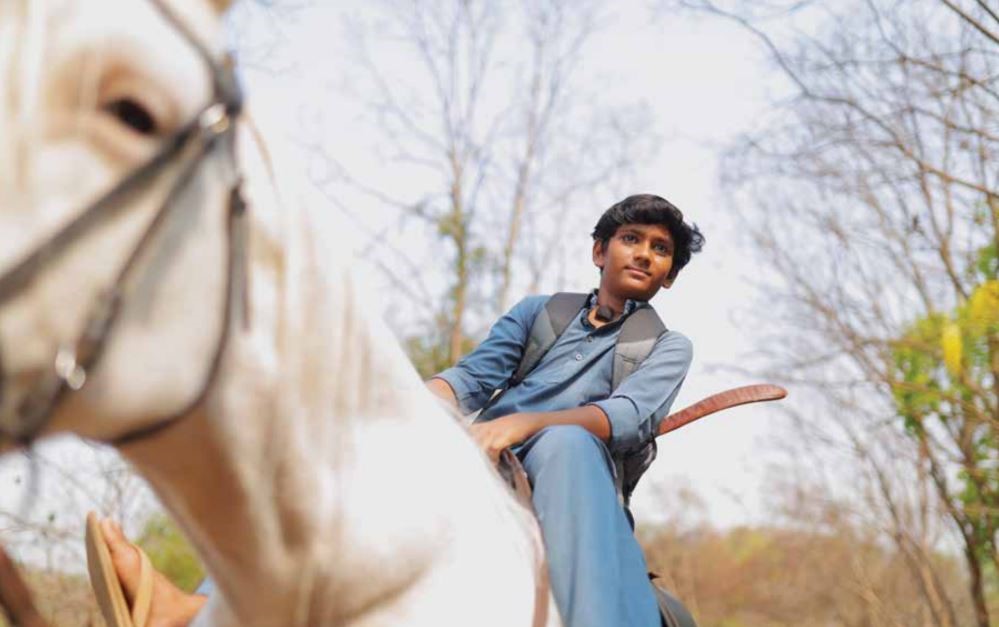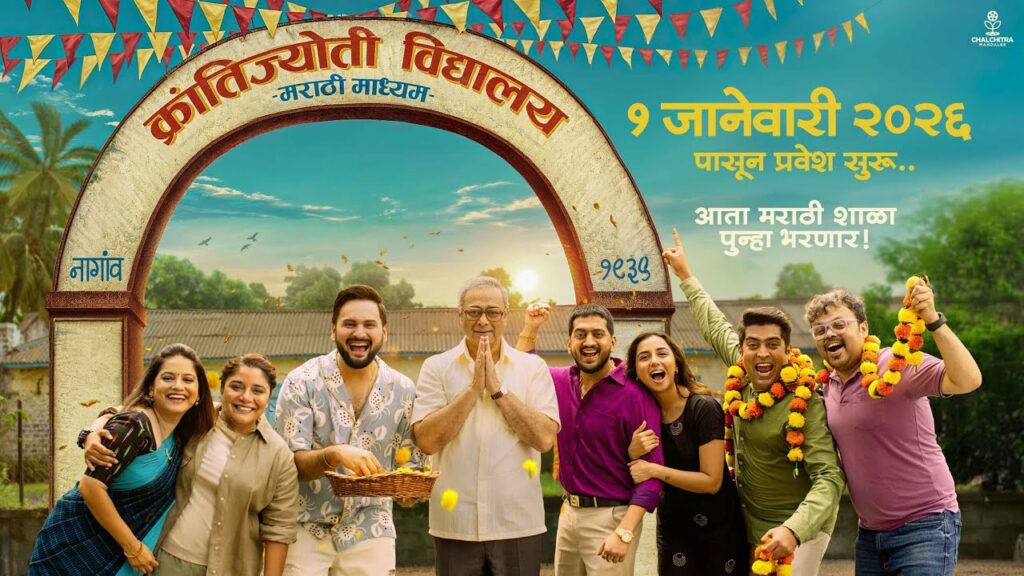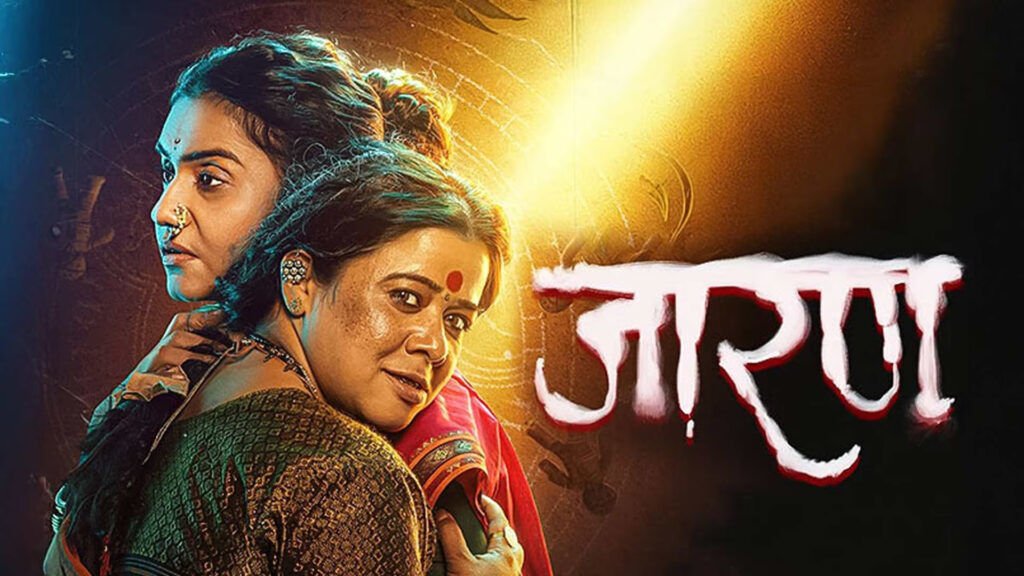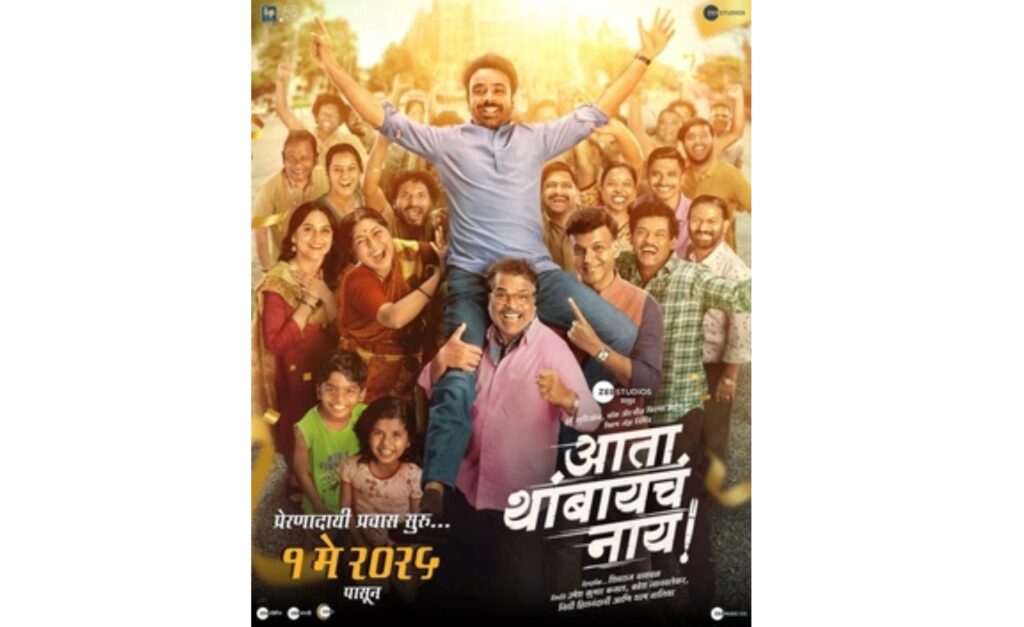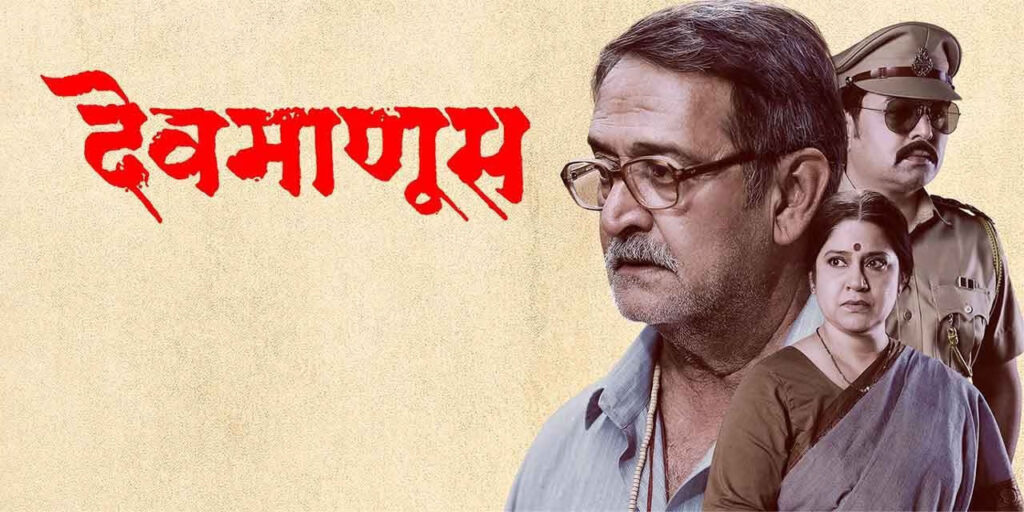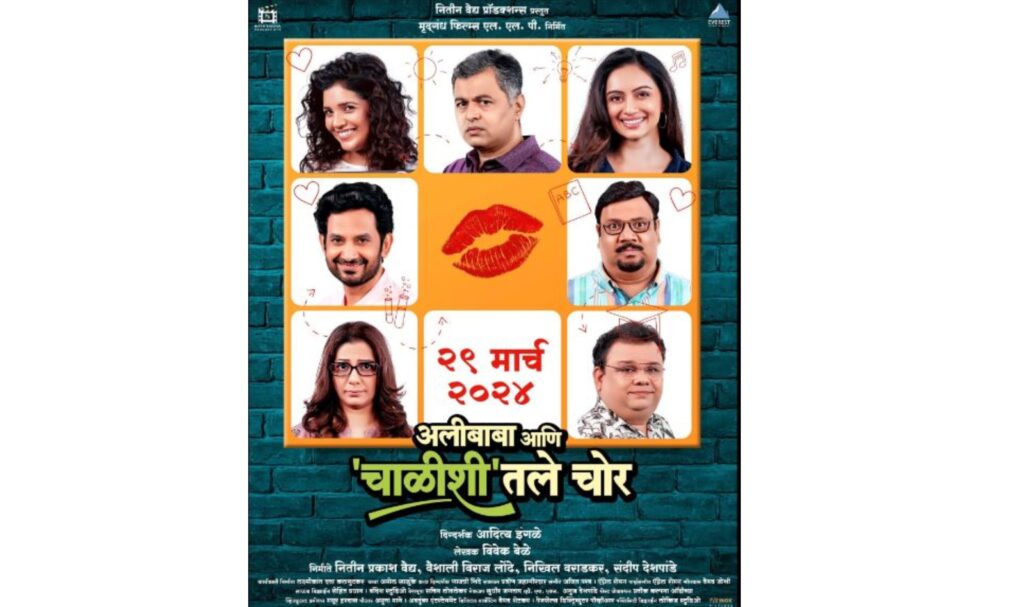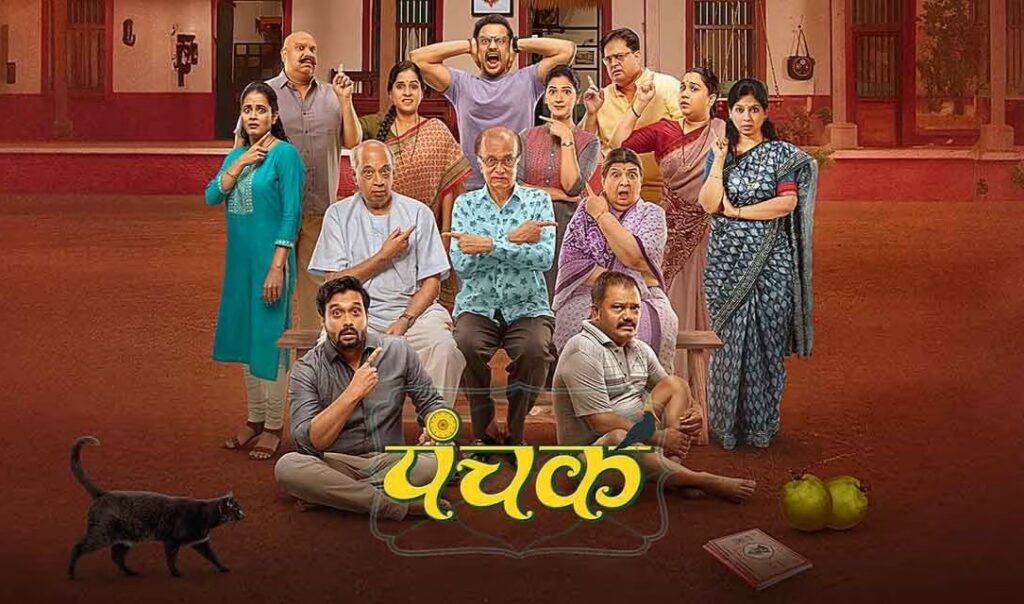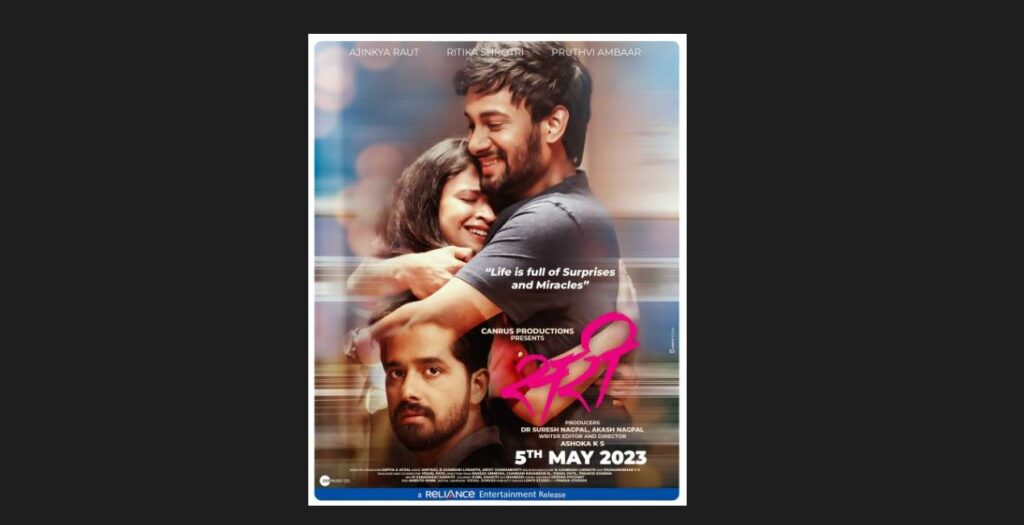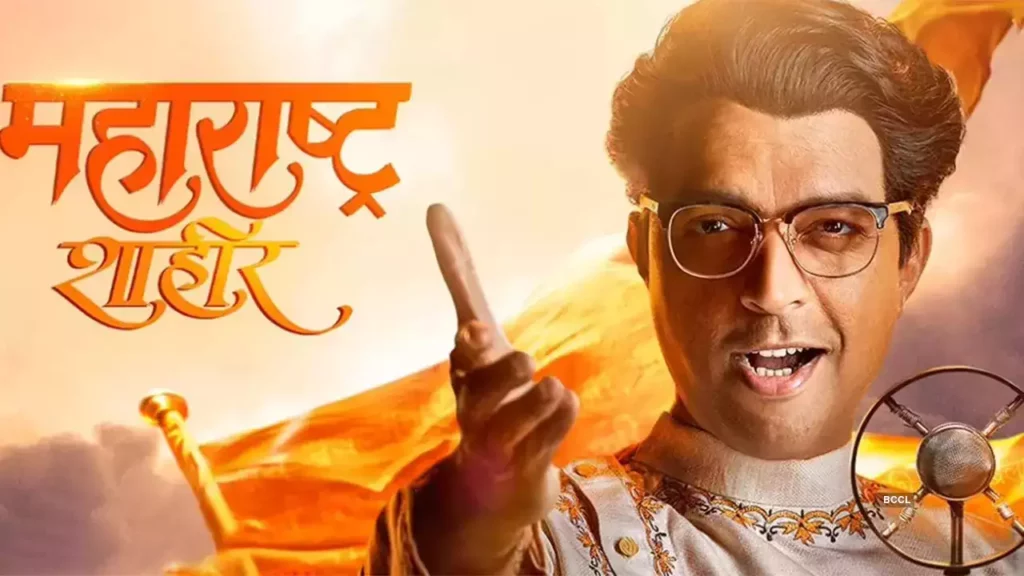Storyline: Khalid Ka Shivaji (Marathi movie with a good amount of Hindi) tells the story of Khalid (Krish Raj More), a fourth standard student. He stays with his father Hayad (Priyadarshan Jadhav), mother Ruksana (Snehalata Tagde) and grandmother (Sushama Deshpande) in a small village in Maharashtra. His family is struggling to make ends meet.
Khalid and his rest of the class is taught the story of Chhatrapati Shivaji Maharaj eliminating Afzal Khan. Khalid’s classmate Ganya (Ankur Wadhave) is highly arrogant since his father (Khemraj Bhoyar) is the village Sarpanch. After learning the aforementioned story in the class, Ganya mocks Khalid as ‘Afzal Khan’ since the latter is a Muslim. Ganya is joined by a number of other students.
This highly upsets Khalid. He gets all the support from his kind-hearted and sensible teacher Salve sir (Kailash Waghmare). There comes a time when Khalid gets an opportunity to silence Ganya and other troublemakers from his class forever.
Review: Khalid Ka Shivaji is timely and relevant in today’s times when Muslims are being looked down upon and are, at times, also considered equivalent to Mughals. Through the story of Khalid, the film shows the plight of many like him who are targeted for their religion. Khalid’s episode reminds us of the scene in Homebound where Ishaan Khatter’s character faces harassment for his religion (not implying that the character and the film are in any way similar to Khalid Ka Shivaji).
The movie is more of a glimpse into the world of Khalid. Its biggest triumph is the protagonist’s characterization, which makes you root for him throughout its runtime. This was also possible because of a sensible act by Krish Raj More. He overcomes the difficult task of mostly appearing cheerful while showing a hint of sadness in some situations without overdoing it.
The film also smartly shows the current political mentality where religious appeasement is considered more important than providing basic civic amenities to the citizens.
The sweet bond between Khalid and Salve sir is also something you take home. Kailash Waghmare does complete justice to the character. He too is subtle in his approach and appears tough and a bit rebellious effortlessly.
From the rest of the cast, Priyadarshan Jadhav excels as Khalid’s father. The talented Snehalata Tagde also shines as his mother. The veteran Sushama Deshpande is almost unrecognizable as the mature grandmother of Khalid. Ankur Wadhave makes you hate Ganya, which means he has handled his task well. Bharat Ganeshpure, as the senior teacher, and Khemraj Bhoyar succeed in playing characters with grey shades.
However, there are issues that stop Khalid Ka Shivaji from being superlative. The film could have been shorter as for some part of the duration, the narrative becomes stagnant. A lot of positive messages in the film are spoon-fed to the audience whereas that could have been achieved indirectly and in a more creative manner. The movie ends on an abrupt note. The background music on a few occasions should have been minimal going by the nature of the film.
Overall: Khalid Ka Shivaji is worth watching for its portrayal of the current social reality.
Rating: 3 out of 5
Director: Raj Pritam More
Producers: PP Cine Production
Writer: Kailash Waghmare and Rajkumar Tangade
Cast: Krish Raj More, Kailash Waghmare, Priyadarshan Jadhav, Ankur Wadhave, Snehalata Tagde, Sushama Deshpande
Also read: Border 2 review: Heartfelt and sensible war saga
This blog is one of the Top 30 Indian movie blogs on the web as per FeedSpot. See the full list here –https://bloggers.feedspot.com/indian_movie_blogs/
